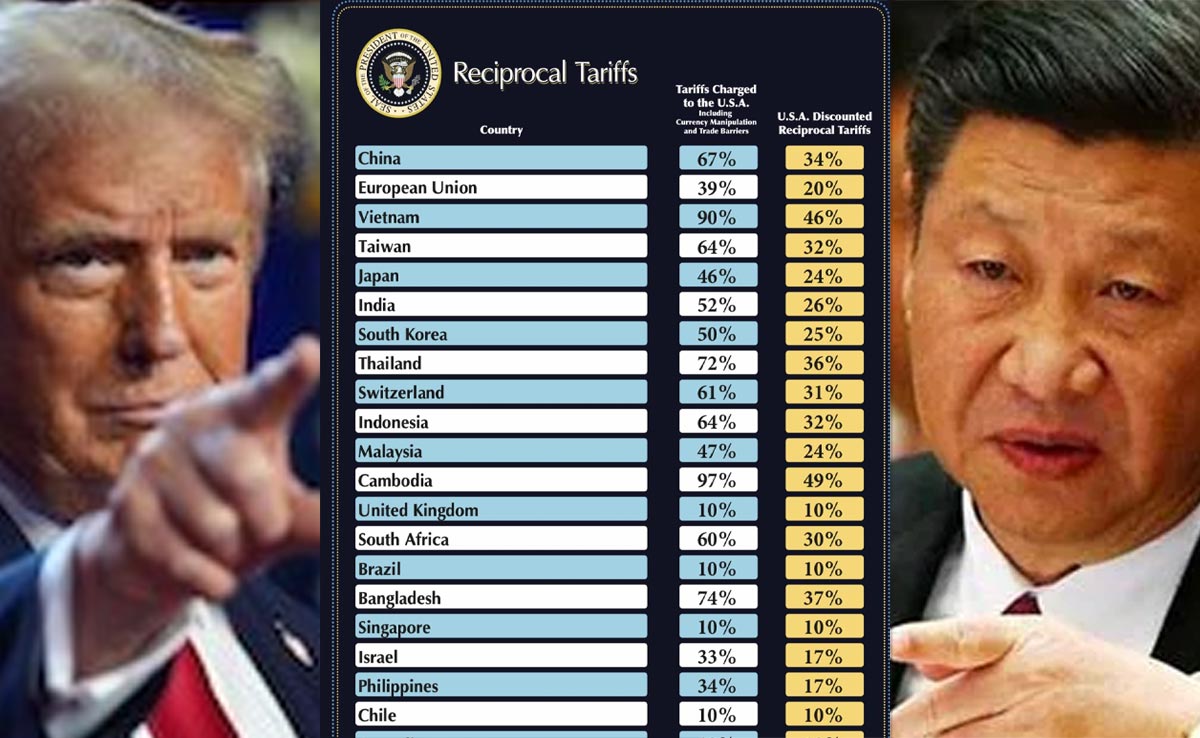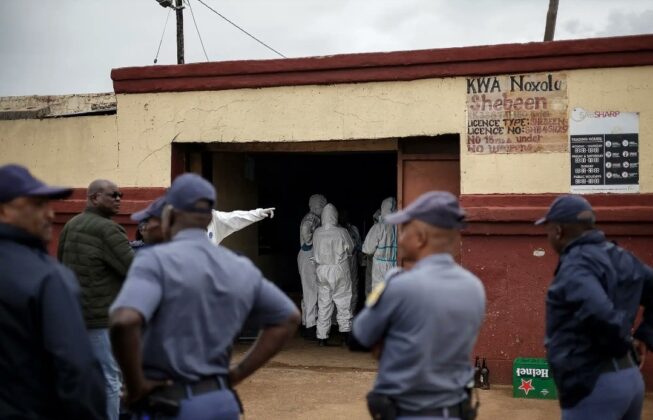
Trump Grants 90-Day Extension on China Tariff Pause, Easing Trade Tensions [Image by NDTV]
US President Donald Trump on Monday signed an executive order delaying higher tariffs on Chinese products until 10 November, just hours before the ongoing agreement was to expire. Beijing also announced on Tuesday morning that it was suspending its planned retaliatory measures for the same time period.
The extension will have Washington maintain a 30% tariff on imports from China, and Beijing will keep a 10% tax on U.S. imports. The reprieve pauses what were once threatened hikes that would have taken U.S. duties to 145% and Chinese tariffs to 125% levels analysts warned could have triggered an effective trade embargo.
This allows us time to obtain more balanced trade and more fair practices,” the White House said, citing the nearly $300 billion U.S. trade deficit with China in 2024.
The Commerce Ministry of China urged Washington to lift “unreasonable” restrictions and said cooperation was the “right direction” for the two countries. The ministry also agreed to delay adding U.S. companies to its trade and investment restriction lists for three months.
The truce comes ahead of the holiday shopping season, when U.S. importers typically step up orders for electronics, apparel, and toys. Though increased tariffs have been cautioned to push prices higher for U.S. consumers by economists and the Federal Reserve, Goldman Sachs estimates they have already borne 22% of tariff costs, which would rise sharply without the reprieve.
The extension follows months of talks, most recently in Stockholm, and a side agreement allowing chipmakers AMD and Nvidia to sell certain products to China in exchange for relinquishing 15% of revenues to the U.S. government, which critics have likened to turning export policy into a revenue stream.
Despite the reprieve, trade relations between the two nations remain tense. The U.S. imports from China fell nearly 15% in the first half of 2025 from a year ago, and American exports to China fell about 20%.
As both parties prepare for ongoing negotiations on market access, technology restrictions, and agricultural purchases, analysts warn the truce might be temporary. “The game and confrontation may not be over yet,” Wang Mingyue, a Beijing robotics expert, said. “There’s still risk.”



